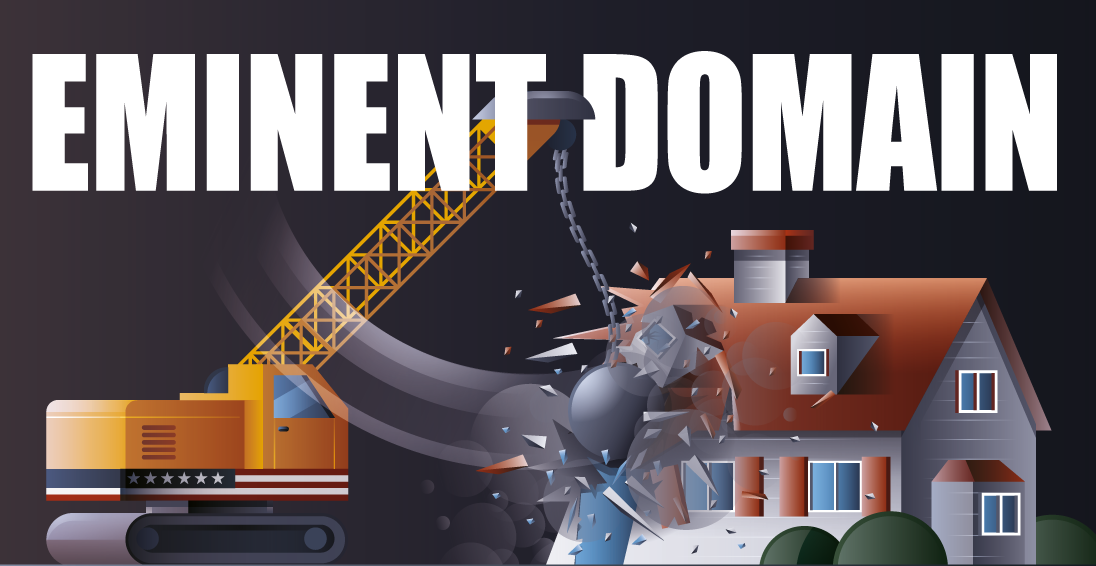Eminent domain is synonymous with emotions. When you are told that you have to give up your home without your consent it can be very troubling for many people. Your home is where you have built your life, made your memories, and lived your dream. With this much at stake, the legal process surrounding eminent domain can be fought for a very long time.
Like many legal proceedings, eminent domain is all about negotiation. This is different however, because the parties involved are typically the government and a citizen, not the usual two citizens in a normal court case. As such, because of the emotions and circumstances involved the home owner typically is in the better position for negotiation.
The first step in negotiation is to review the appraisal. Both parties ask questions about the accuracy of the appraise and whether it reflects the highest value the owner could get for the property. This step is crucial for the owner because it is here that they can ask for a higher price if they feel they are being undervalued.
Another question asked during this time is whether or not neighboring houses are going to be needed for the public use project. If this is the case the government typically would do a group settlement instead of allocating a value for each individual house. This is a highly controversial negotiation because it could mean that an individual might get a lower or higher settlement for their property instead of reflecting the actual amount. In this case the negotiation is more likely to fail. If this happens there are four main events that will occur.
First, a condemnation lawsuit will be filed. This means that you have now lost any ability to negotiate and will have to agree on whatever price the legal proceedings might agree on. Not many owners will choose to go past negotiations because they lose their upper hand.
Second, after presenting each side of the case a jury comes together to negotiate and agree on a settlement price. When this happens both the owner and the government have no control over what amount will need to be paid or what amount they will receive.
Typically, you would then receive your offer and would also receive the payout. However, if you still feel like the amount is unfair you can continue the legal proceedings with the third step in this process: Expert testimony.
Expert testimony will allow you opportunities to contest the sale and potentially receive the amount you went to court for. The expert can range from appraisers, to psychologists, to contractors as long as they can be stipulated as an expert in their field and provided logical evidence to the trial.
If this fails, you have one last ditch effort: step four. Step four involves proving that the public use project in question overestimated the amount of land or capital it would need to achieve its purpose.
This is one of the strongest cases you can make in a trial. Since eminent domain is a very controversial issue, many “public use” cases are very broad and not specific. Also, many times when the government enacts eminent domain they sell the property to private developers instead of committing to direct public use projects.
If you can prove that they have no clear ambition to utilize your land in an effective way then you have made the case that you should be able to keep your land. Many times, you are the homeowner and will have the support of the jury because of the emotions and memories tied to our American ideal.
Eminent domain cases can be exhausting and complicated with the bureaucratic red tape that surrounds government trials. This is why it is necessary for you to hire legal counsel when taking on an eminent domain case. Many times your first assessment is free and lawyers are more than willing to help you and your case 24/7 through the time you spend with them.
If you feel like you have a significant case during your eminent domain proceedings, reach out and fight it. You are the only one who knows how much your home and memories can mean to you.


